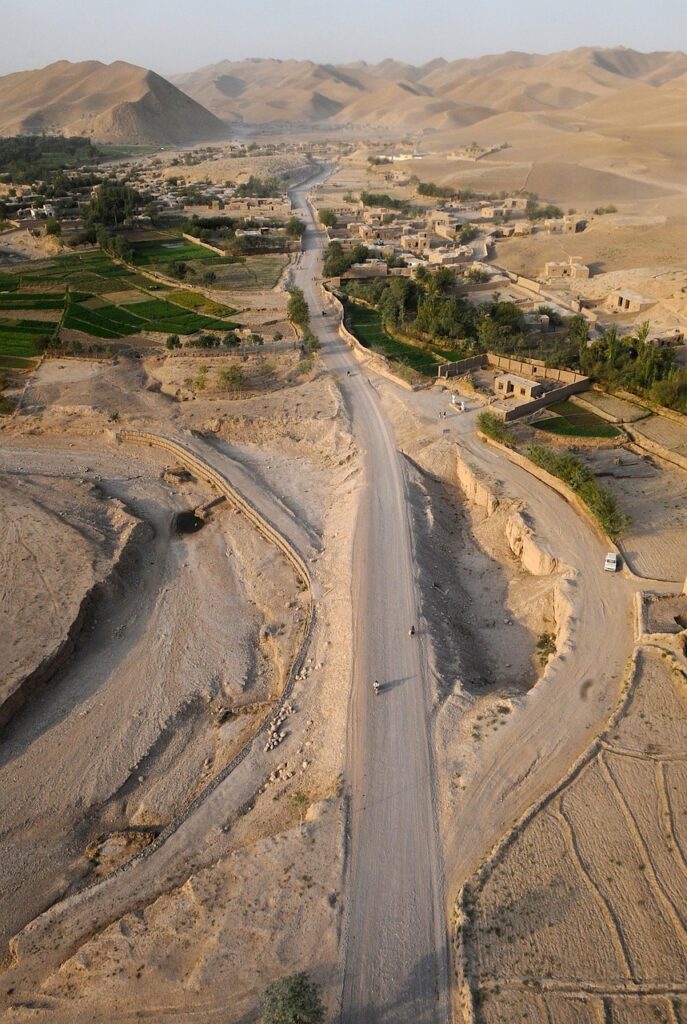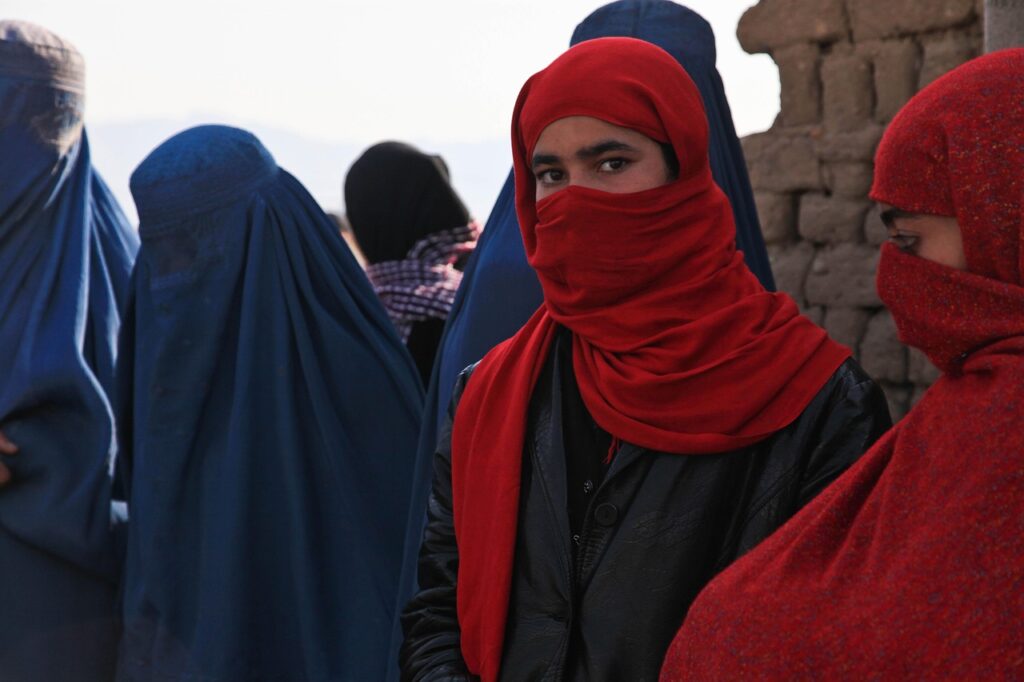A recent statement by the U.S. Department of Homeland Security (DHS) has sparked criticism from immigration advocates and legal experts. In its decision to consider ending Temporary Protected Status (TPS) for Afghan nationals, DHS cited “evidence of travel and tourism to Afghanistan” as a sign that conditions in the country have improved. Critics argue that this rationale dangerously misrepresents the ongoing security and humanitarian crisis in the region.

What Is TPS?
Temporary Protected Status (TPS) is a humanitarian immigration program that grants temporary legal status and work authorization to nationals from countries experiencing armed conflict, natural disaster, or other extraordinary conditions. It allows beneficiaries to remain in the U.S. without fear of deportation while their home country remains unsafe.
Afghanistan was designated for TPS following the 2021 U.S. military withdrawal and the Taliban’s return to power. The designation was justified by widespread human rights violations, the targeting of women and minorities, and the collapse of basic civil infrastructure.
DHS’s Controversial Justification
In a recent federal filing or internal communication, DHS reportedly referenced instances of Afghans traveling back to Afghanistan for tourism or personal visits as evidence that it may now be safe to end TPS for Afghan nationals.
This rationale has drawn strong backlash for several reasons:
- Isolated Incidents Misrepresented: Critics argue that a few cases of travel—possibly under exceptional circumstances—should not be generalized to assess national safety conditions.
- Political Messaging vs. Reality: Experts say the Taliban’s regime continues to restrict freedoms, particularly for women and ethnic minorities, and suppress opposition.
- Humanitarian Risk: Ending TPS could result in deportations of thousands of Afghan nationals to a country still experiencing persecution, violence, and food insecurity.
Advocacy and Legal Response
Immigration and human rights organizations have denounced DHS’s position as “disconnected from reality.” Some key responses:
- National Immigration Forum: Called the reasoning “deeply flawed” and urged the Biden administration to renew and extend Afghan TPS.
- Human Rights Watch: Warned that forced returns could place individuals at risk of imprisonment, torture, or death.
- Legal Challenges Likely: If TPS is terminated based on such reasoning, lawsuits could be filed arguing arbitrary and capricious government action under administrative law.

Context on Afghanistan’s Current Conditions
- Security Situation: The Taliban continues to rule without international recognition. Violence against former U.S. allies, journalists, and women’s rights activists is ongoing.
- Gender Apartheid: Girls are banned from secondary and higher education, and women face restrictions on work, dress, and movement.
- Humanitarian Crisis: More than 23 million Afghans face acute food insecurity, according to international aid agencies.
Frequently Asked Questions
Q: What is TPS and who qualifies?
A: TPS grants temporary legal status to immigrants from countries experiencing conflict or disaster. Eligibility depends on residency dates and continuous presence in the U.S.
Q: Why is DHS considering ending TPS for Afghans?
A: DHS cited reports of travel and tourism to Afghanistan, suggesting the situation may have improved—an assertion widely disputed.
Q: Can Afghans still apply for asylum?
A: Yes. Asylum is a separate legal pathway for those fleeing persecution, though it often involves complex legal proceedings.
Q: What will happen if TPS is terminated?
A: TPS holders could lose legal status and work authorization, and become subject to deportation unless they have another form of relief.
Q: How can this decision be challenged?
A: Through legal advocacy, lawsuits, or pressure on Congress and the Biden administration to intervene or legislate TPS extensions.
At stake are the lives and futures of thousands of Afghan nationals who fled a collapsing regime and are rebuilding in the United States. As legal and political debates unfold, advocates emphasize the need to ground immigration policy in lived realities—not in isolated anecdotes or geopolitical optics.

Sources Forbes


